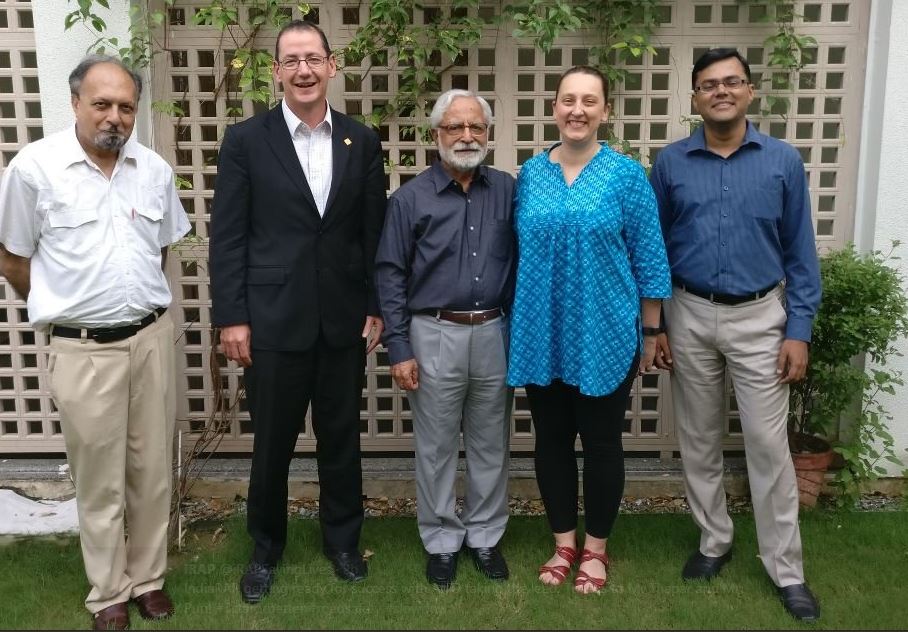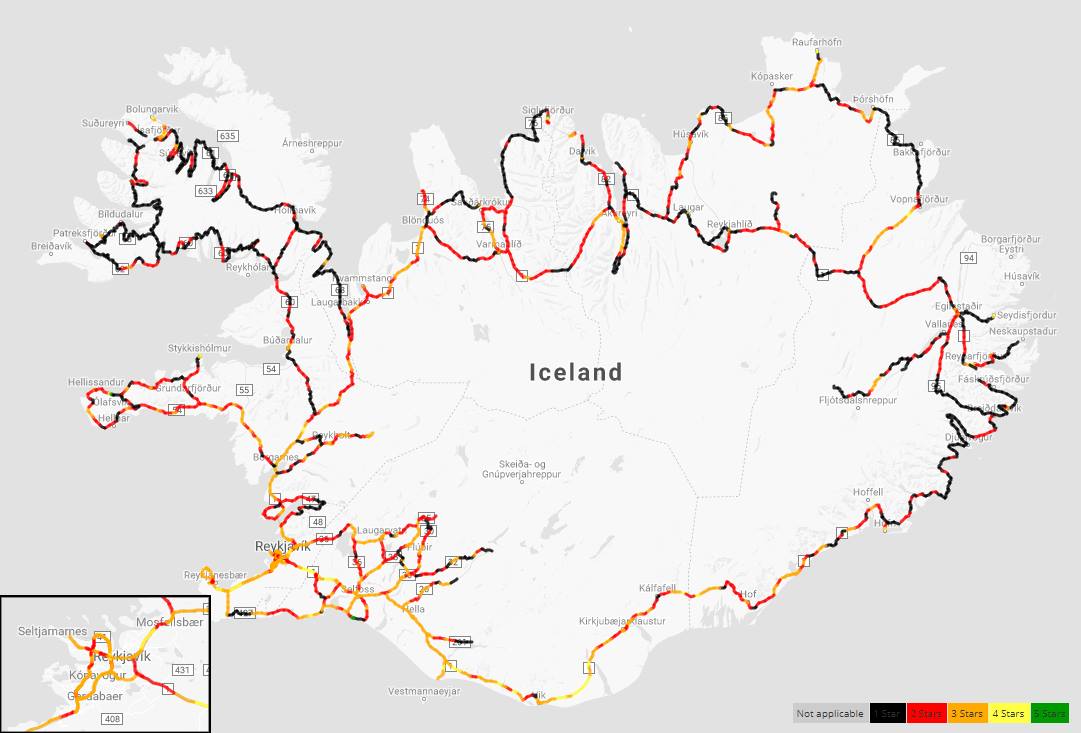

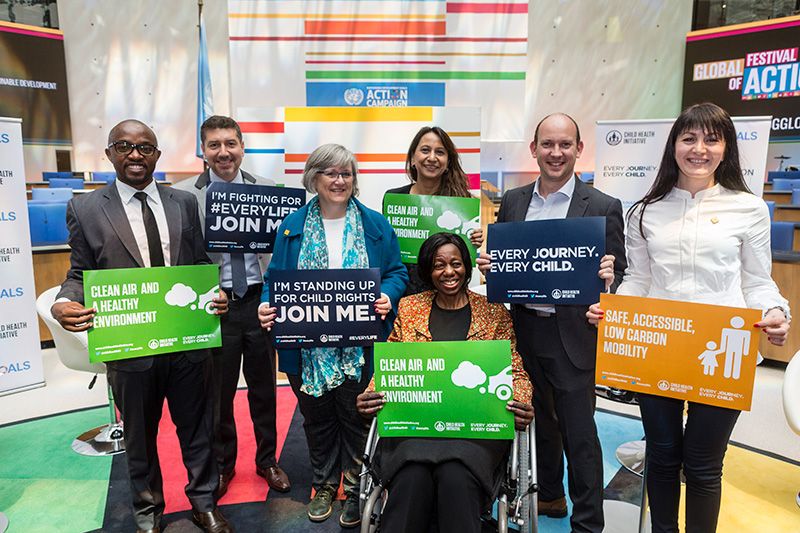
Star Rating for Schools at SDG Festival in Action, Bonn
“You need to create a safe environment. The goal should be for every single school around the world to have a safer environment. Safe infrastructure saves lives.” – Julio Urzua, iRAP’s Regional Director – The Americas, discussing Star Ratings for Schools...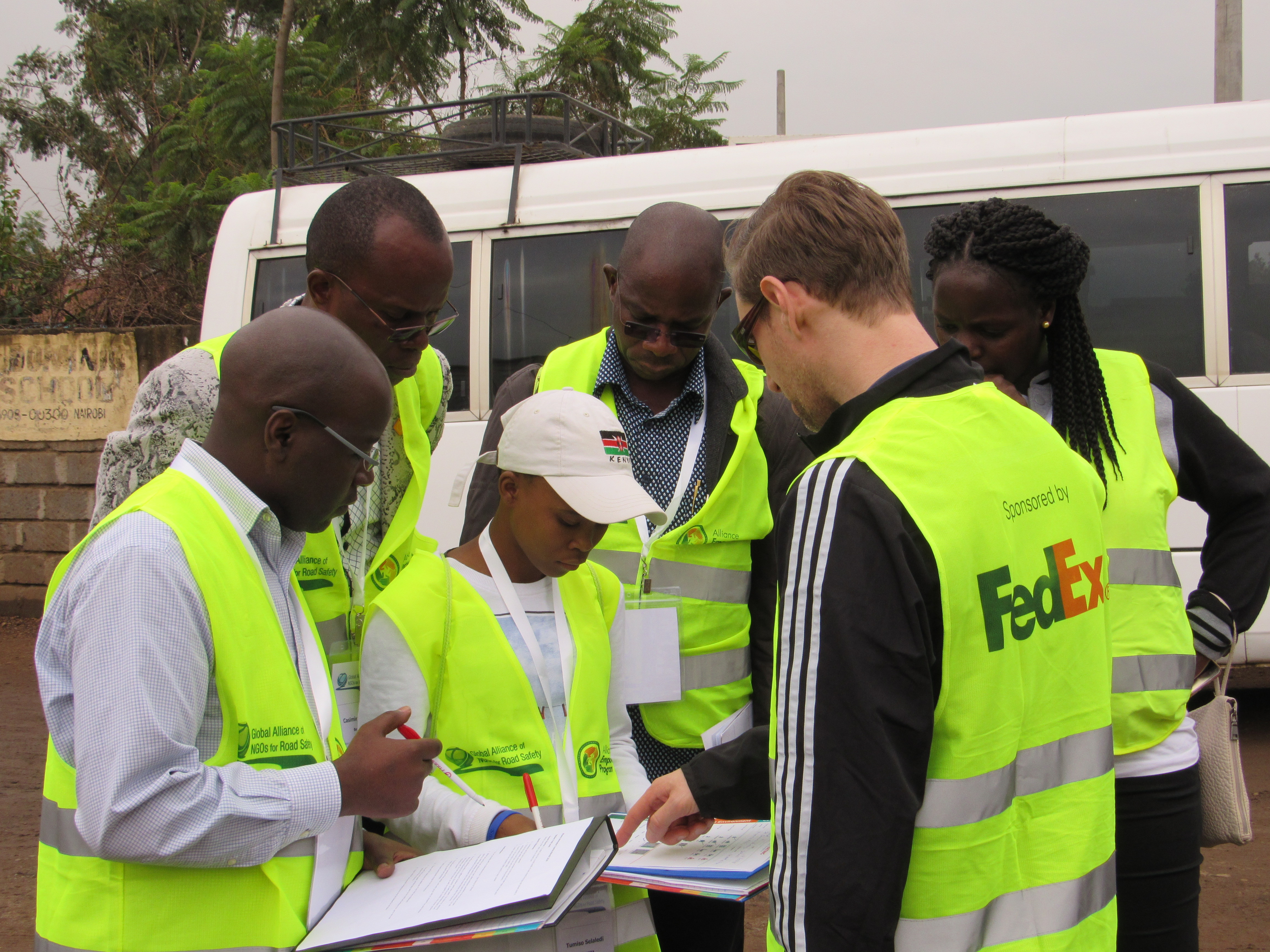
Training for safe school zones across Africa
Yesterday, grassroots NGO members of the Global Alliance of NGOs for Road Safety received the commitment of Kenyan policy makers to implement measures that will mean safer journeys for the 2000 children that walk to a Nairobi school every day, on the back of Star...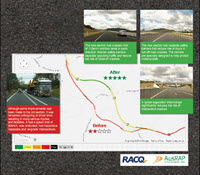
Bruce Highway (Queensland, Australia) upgrade given top marks for safety
The recently upgraded stretch of the Bruce Highway in Queensland, Australia has transformed the road from one of the most dangerous stretches of highway into one of the safest, according to RACQ (Source:...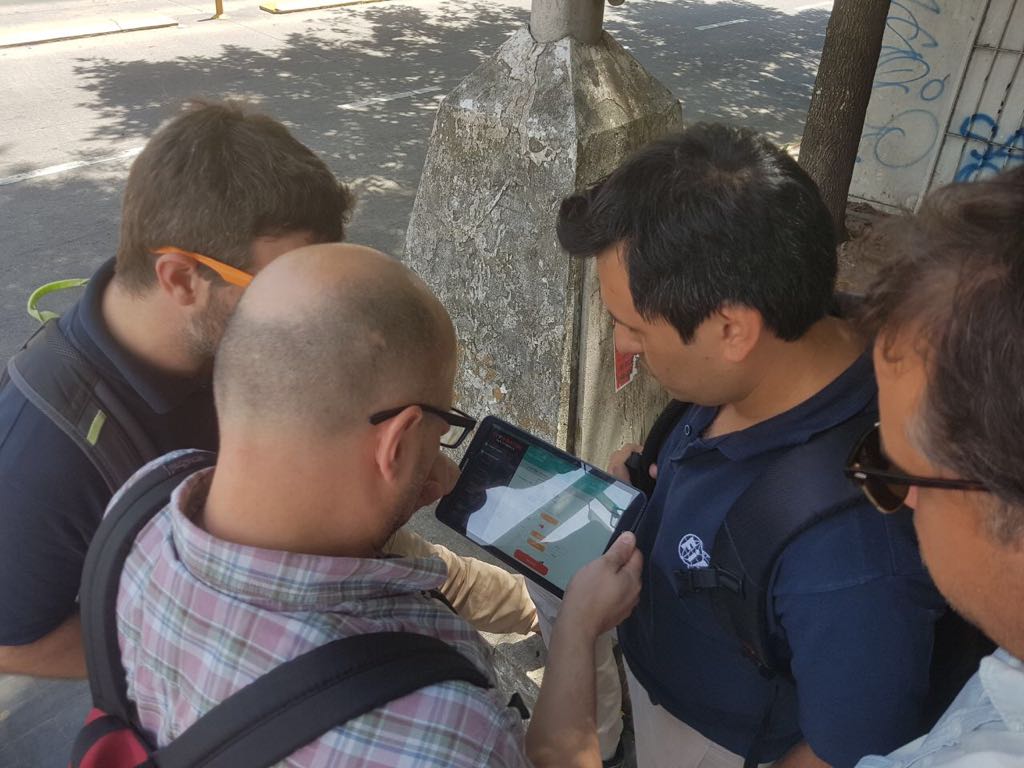
FIA partnership sees SR4S pilot studies for schools in Latin America
Buenos Aires, Argentina: On the 5-6 February, iRAP’s Regional Director Julio Urzua partnered with representatives from FIA Region IV to train them in the use of the Star Rating for Schools App (SR4S). Teams were trained in both the theory and the practical usage of...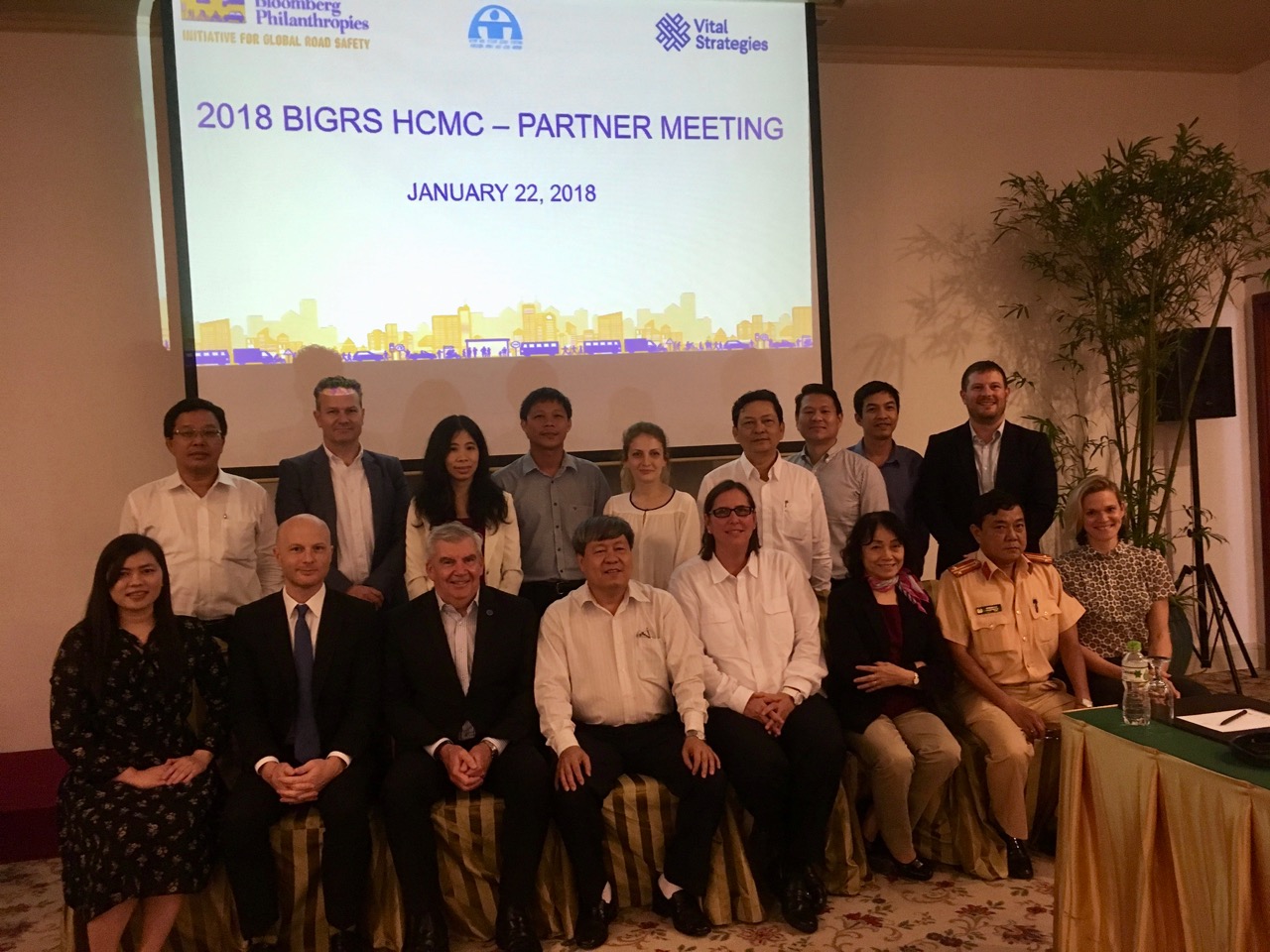
iRAP’s safer roads for Vietnam work in spotlight at BIGRS partners meeting
On the 22 January 2018, iRAP’s Senior Road Safety Engineer, Luke Rogers, was in Ho Chi Minh City, Vietnam for the Bloomberg Initiative for Global Road Safety (BIGRS) partners meeting. The Bloomberg Philanthropies Initiative for Global Road Safety has dedicated US$250...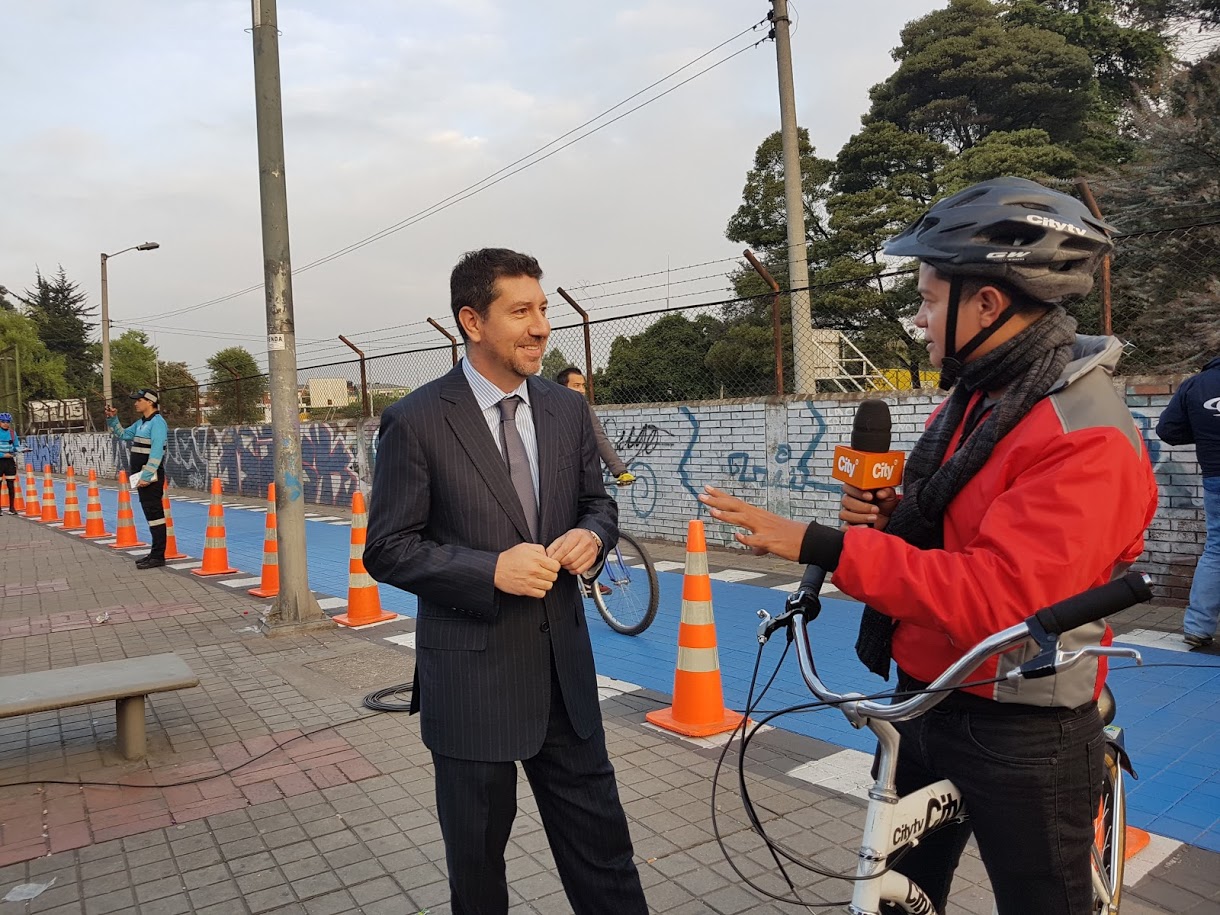
Successful launch of road safety interventions for vulnerable users – Bogotá, Colombia
On Tuesday 19 December, the Secretariat of Mobility in Bogotá, Colombia launched the implementation of iRAP’s countermeasures on 80th Street, as part of the BIGRS work. We announced and explained the road safety interventions for vulnerable users implemented on...
EVENT WRAP UP: Road Safety in Asia workshop 2017
Summary The Road Safety in Asia workshop 2017 was held 22-23 August at the Heritage Hotel, Manila in the Phillippines. It was hosted by iRAP and the Global Road Safety Partnership (GRSP), for the 10th year in Asia. The World Health Organisation’s Save LIVES...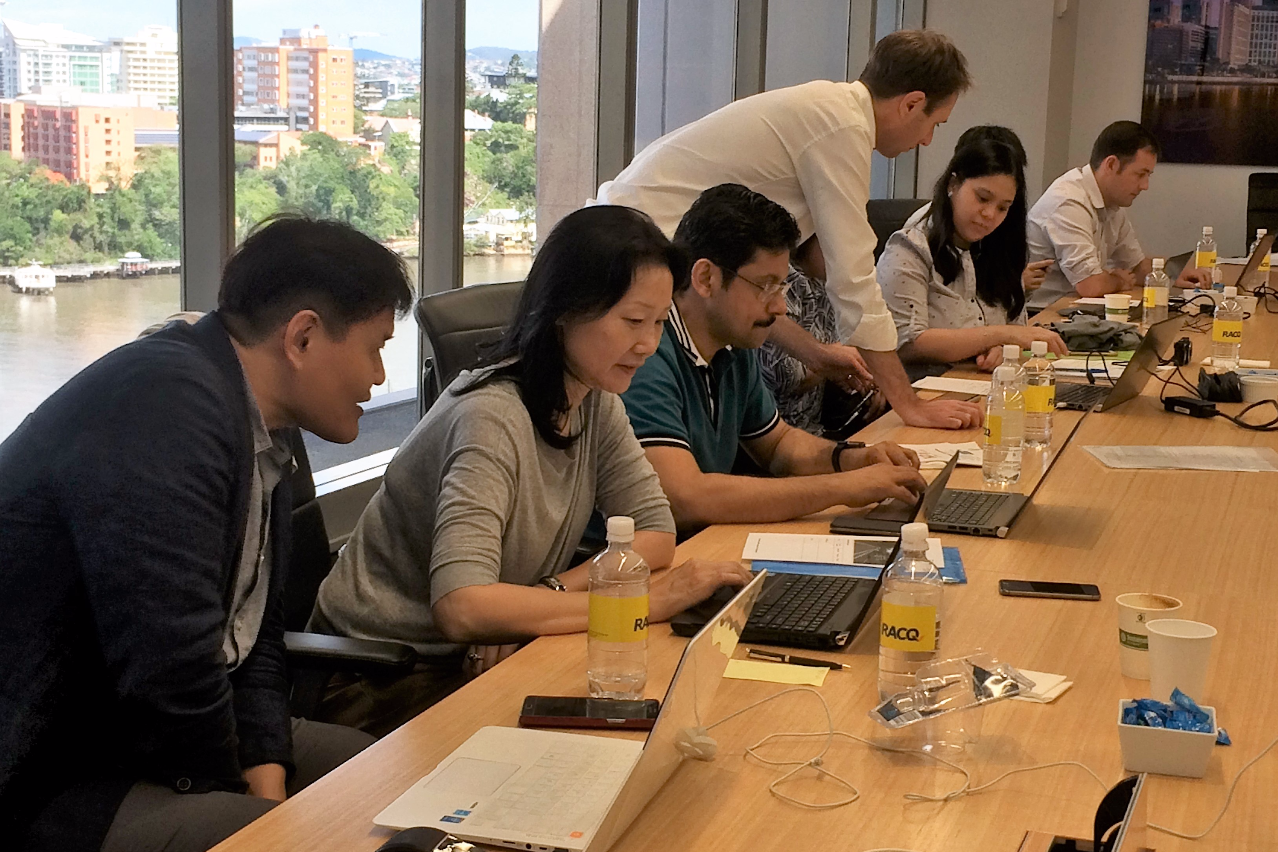
ADB training with Queensland’s road safety best
Transport specialists from the Asian Development Bank (ADB) are in Brisbane this week for specialist road safety training, learning how to maximise infrastructure safety in projects financed by the Bank throughout the Asia Pacific. iRAP Strategic Projects Manager Greg...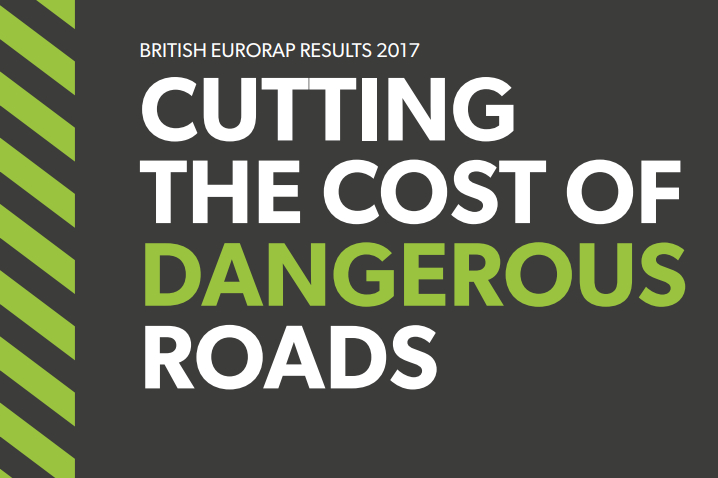
2017 UK Risk Mapping & Road Crash Index Launched
The Road Safety Foundation, in partnership with Ageas UK, has today launched an innovative interactive Road Crash Index alongwith its latest UK risk mapping and performance tracking report on the EuroRAP network of Motorways and A roads. According to the report,...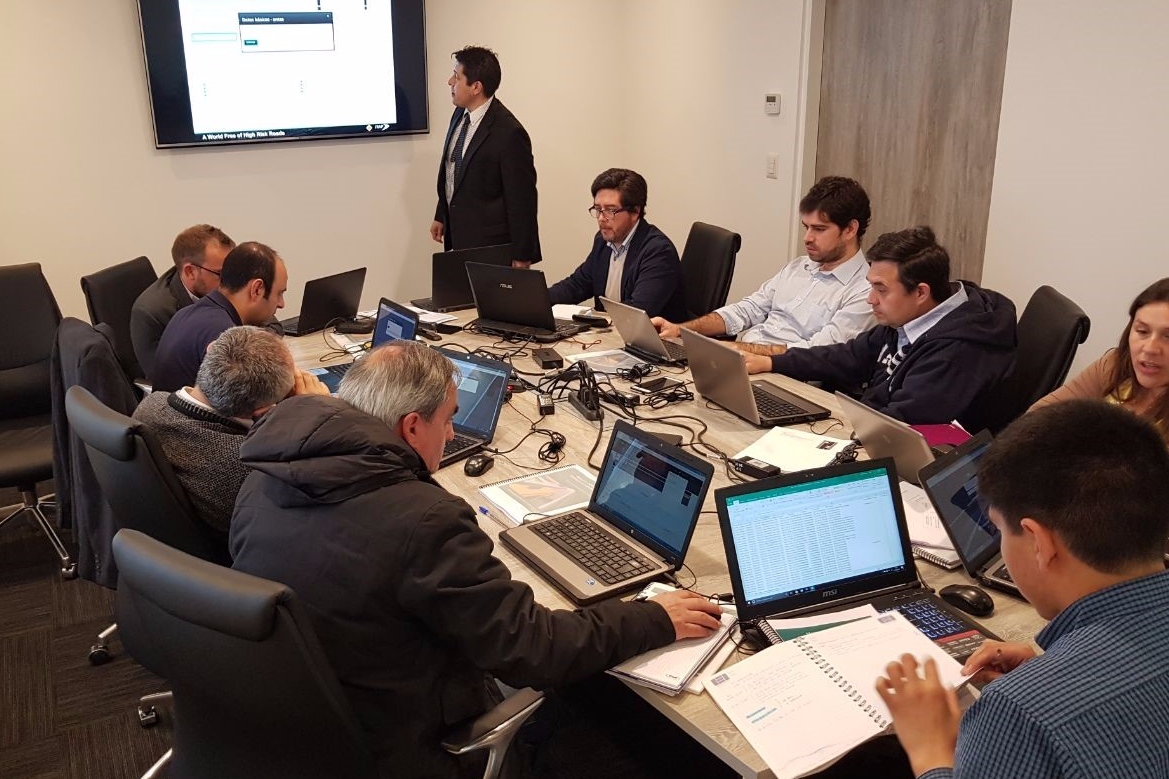
Major funding to improve Chilean road network safety
US$14 million in funding for the Chilean regions of O’Higgins, Maule and Bio Bio was announced in recent days to implement iRAP recommendations and improve road network safety. The funding announcement was made by the Chilean Road Authority via the Road Safety...
5-Star School Journey for Lusaka Students
For students of Justin Kabwe Primary School in Lusaka, Zambia, their journey to school has just gotten a whole lot safer, with access roads raised from 1 and 2-star dangerous to 5-star safety excellence. Thanks to an Amend project, supported by FedEx and the FIA...
Safer Journeys to School Roundtable Event, Zambia
iRAP Regional Director for the Americas Julio Urzua is in Lusaka, Zambia today for the Safer and Healthier Journeys to School Roundtable providing critical focus on the status and actions needed to assure African children’s basic right to an education and safe access...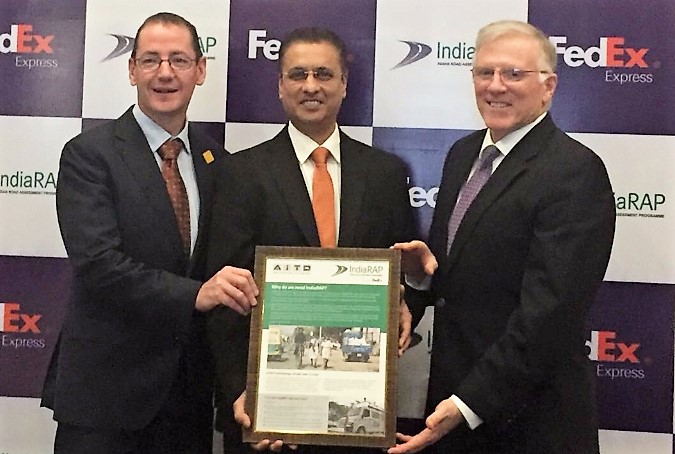
New Indian Road Assessment Programme to Save Lives
The landmark announcement of IndiaRAP, a locally led, globally supported road assessment programme for India by the Minister for Road Transport & Highways, Hon. Nitin Gadkari stands to save thousands of lives and serious injuries. The Ministry of Road Transport...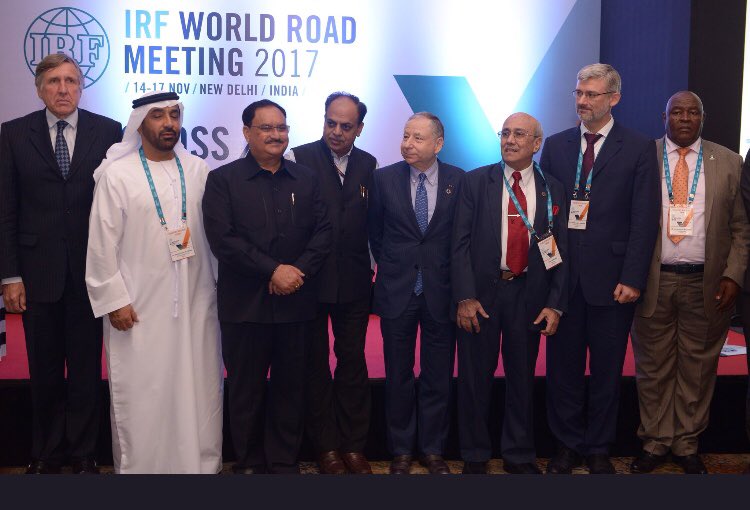
Delhi Declaration Unites Global Ministers
iRAP CEO Rob McInerney was present at the Transport Ministers Forum in New Delhi on Monday where global transport ministers adopted the Delhi Declaration, reaffirming their commitment to effectively implement the ambitious road safety-related targets in the 2030...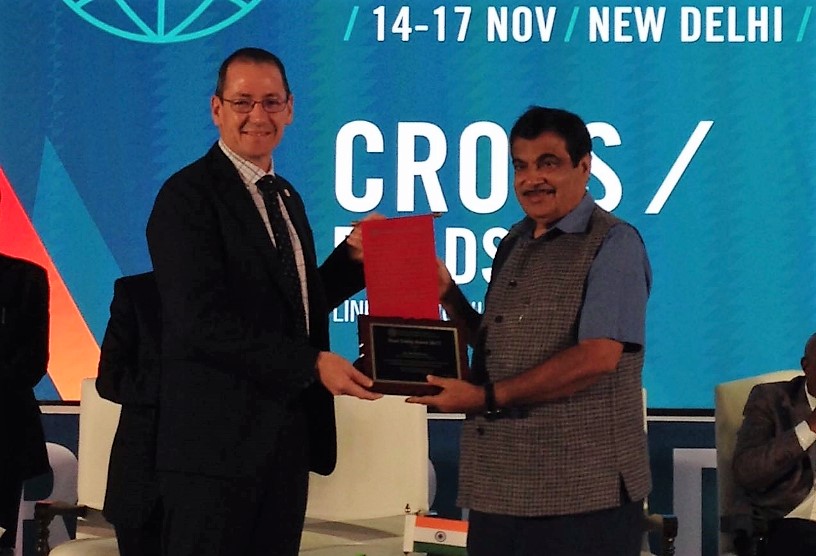
iRAP CEO recognised with global IRF award
iRAP CEO Rob McInerney has today been recognised with the International Road Federation’s prestigious 2017 Road Safety Award, presented at the 98th World Road Meeting in Delhi. The Award was presented this morning at the Meeting’s Inaugural Ceremony, presented by the...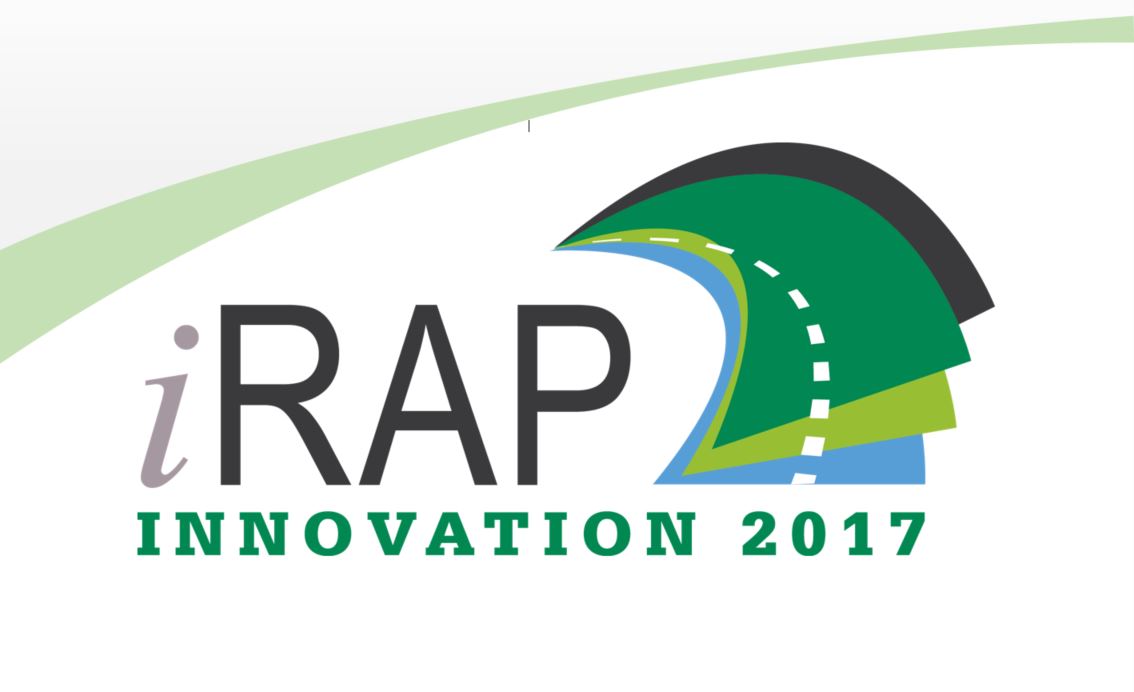
Innovation 2017 tackles automated vehicles
2017 Innovation Workshop tackles transition to automated vehicles Global policy and technical leaders met in the Netherlands for iRAP’s 2017 Innovation Workshop, looking at the road infrastructure, safety and investment priorities associated with the transition...
IndiaRAP launches at WRM2017 – You’re invited
On 14 November, IndiaRAP, a locally led, globally supported road assessment programme for India will be launched at the 18th IRF World Road Meeting in Delhi. Road safety stakeholders are cordially invited to attend the launch and iRAP’s special session on Safer Roads:...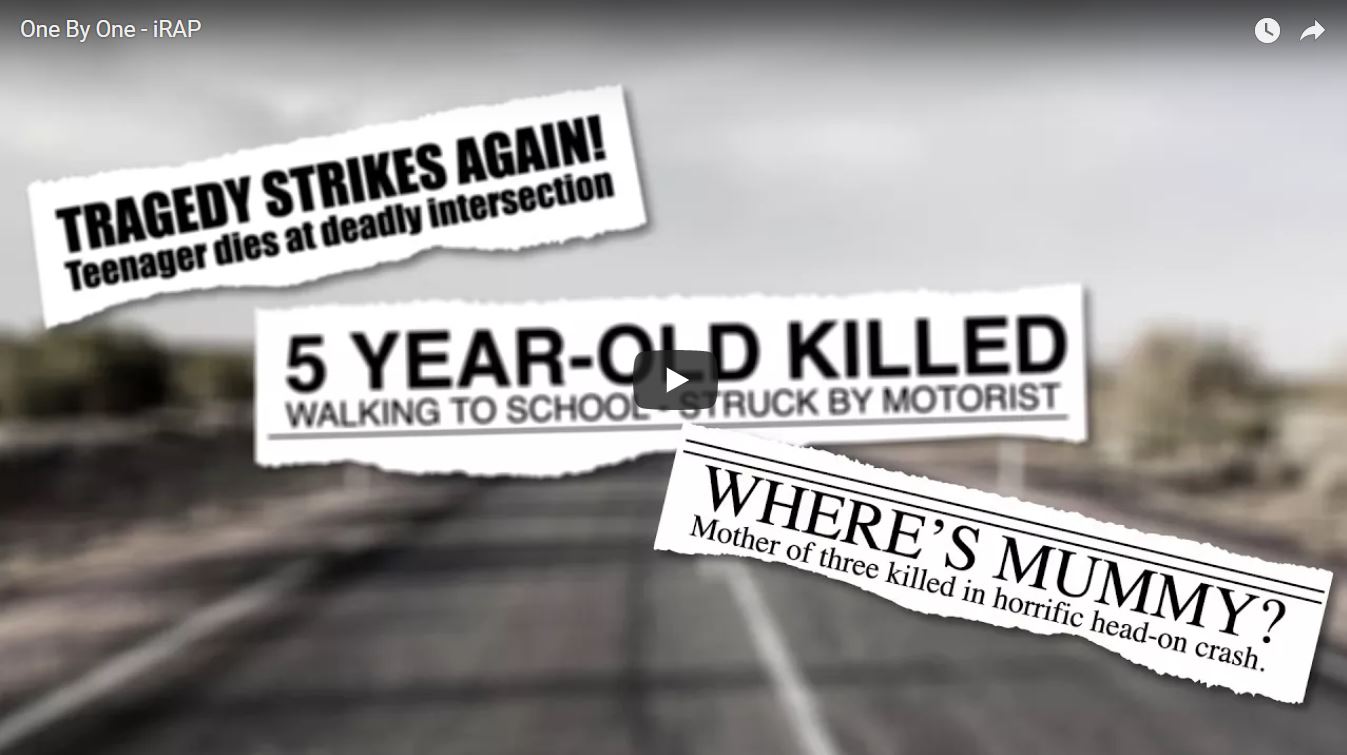
‘One by One’ for World Day of Remembrance
‘One by One’ launches for World Day of Remembrance Sunday 19 November is World Day of Remembrance for Road Traffic Victims. For the victims, their families and friends and the emergency service workers impacted by road trauma it is our chance to reflect on every...
iRAP appoints new CFO
Shona Holroyd has been appointed as iRAP’s new Chief Finance Officer. Shona, who has 27 years of experience in finance, is returning to iRAP after four years working in senior financial roles in the UK oil industry. She served as iRAP’s first CFO from 2007-2013 and...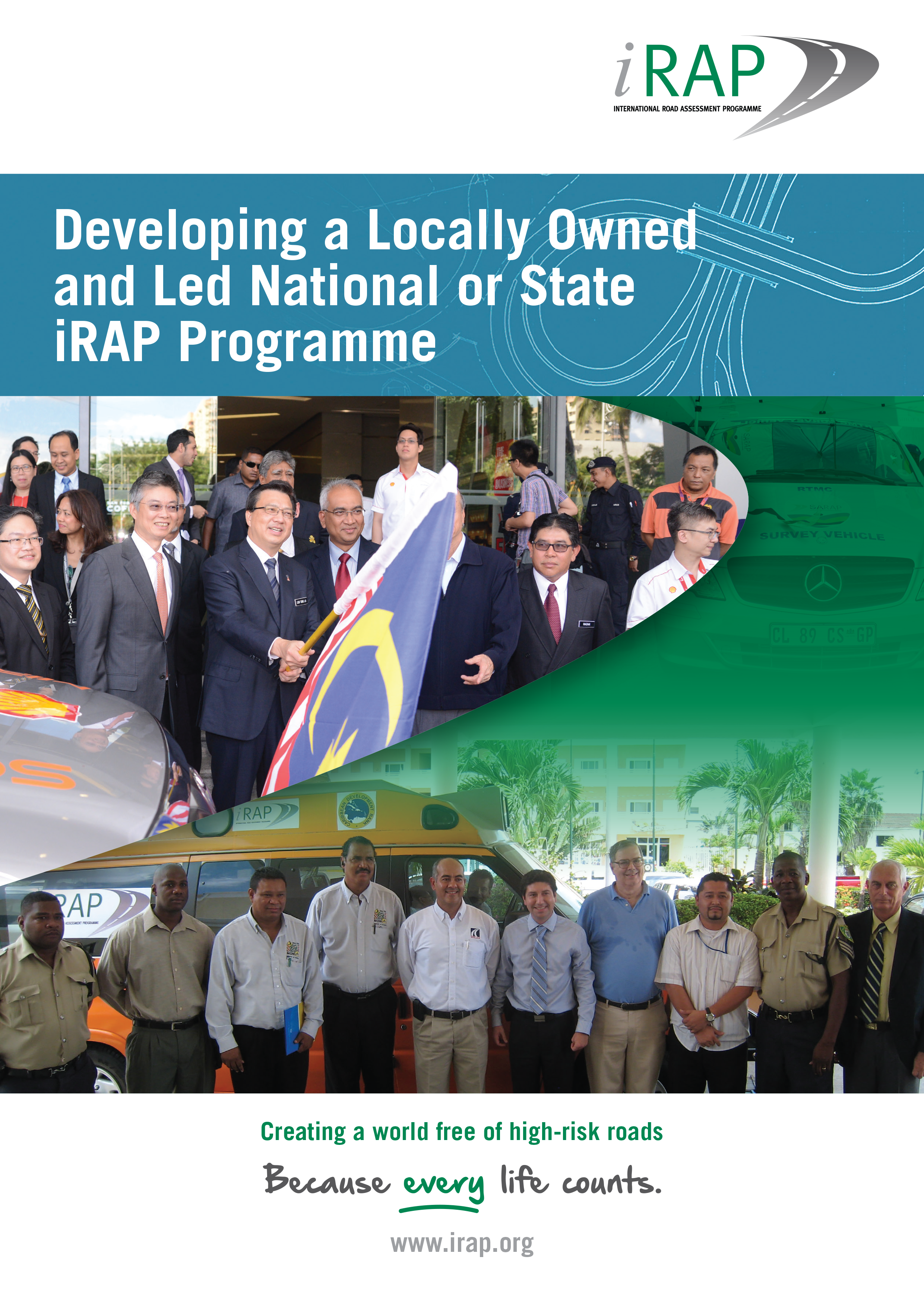
Do you want to stop road deaths – here’s how!
Do you want to play a key role in stopping deaths and serious injuries on the road in your country or state? If so, a new resource from the International Road Assessment Programme (iRAP) could be your springboard to success! ‘Developing a Locally Owned and Led...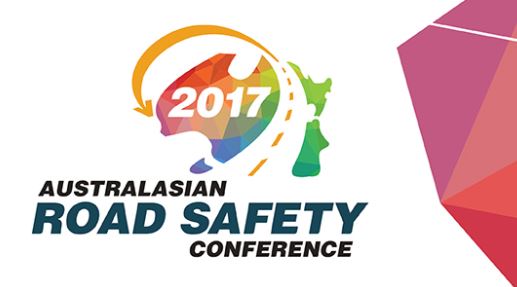
Don’t miss these great events!
Are you a roads professional who is looking to keep up-to-date with the latest developments? If so, here are some great upcoming events that you won’t want to miss! Australasian Road Safety Conference is taking place between 10-12 October 2017 in Perth,...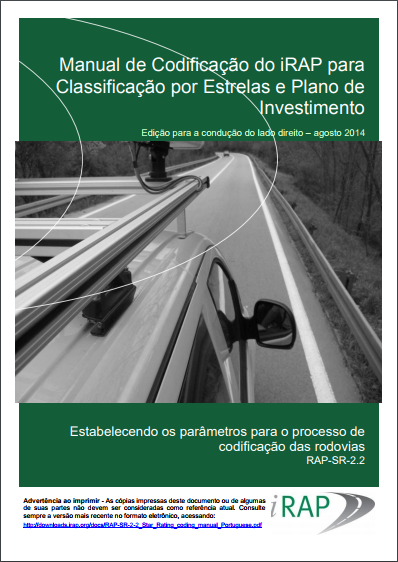
Coding manual now available in Thai
iRAP’s coding manual – one of the core resources for its life-saving work around the world – is now available in Thai. The new language version is part of a concerted drive by iRAP to make key publications as widely available as possibly in local language versions to...
iRAP Malaysia receives 5-Star Performer Award
MIROS iRAP Malaysia has been awarded the 2017 iRAP 5-Star Performer Award presented at the Road Safety in Asia Conference held 22-23 August in Manila. iRAP Malaysia launched its 2017 iRAP Malaysia: Star Rating Results of Malaysian Inter-Urban Expressways Report this...